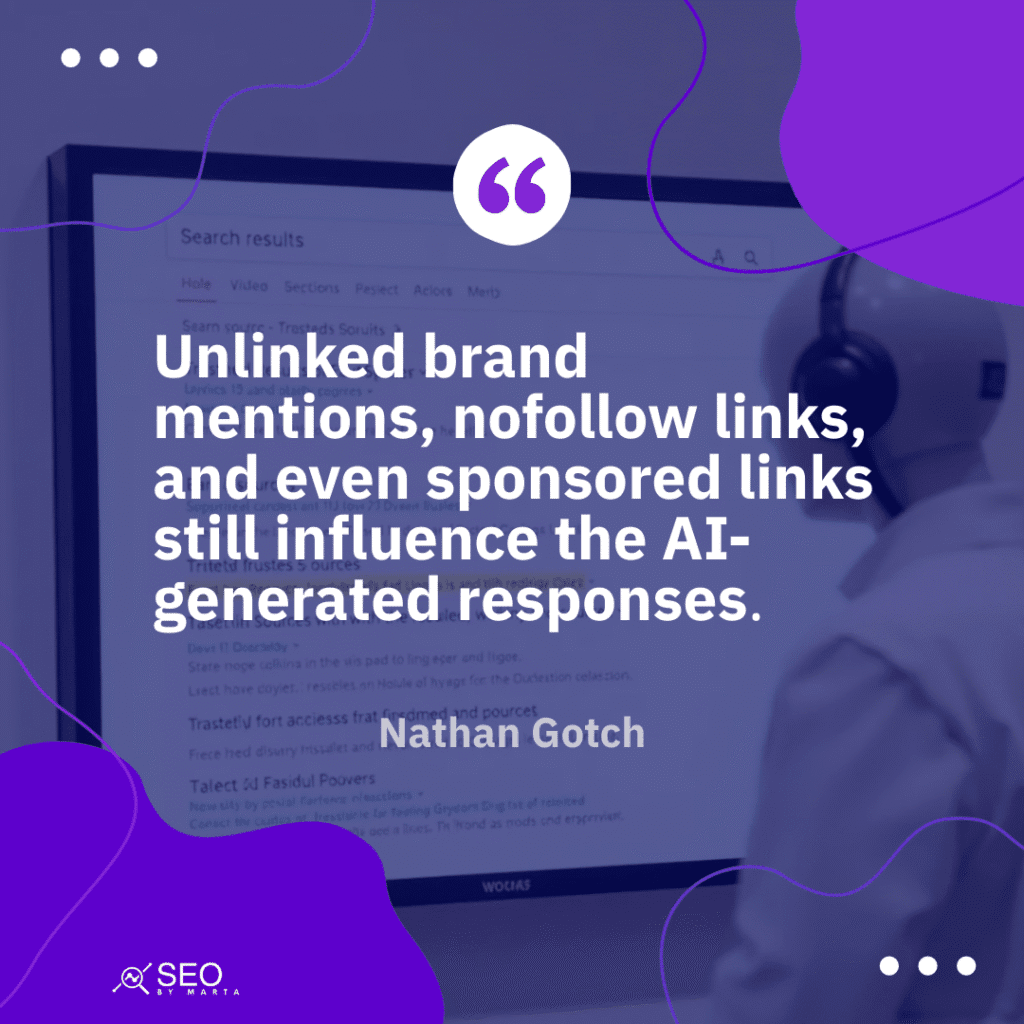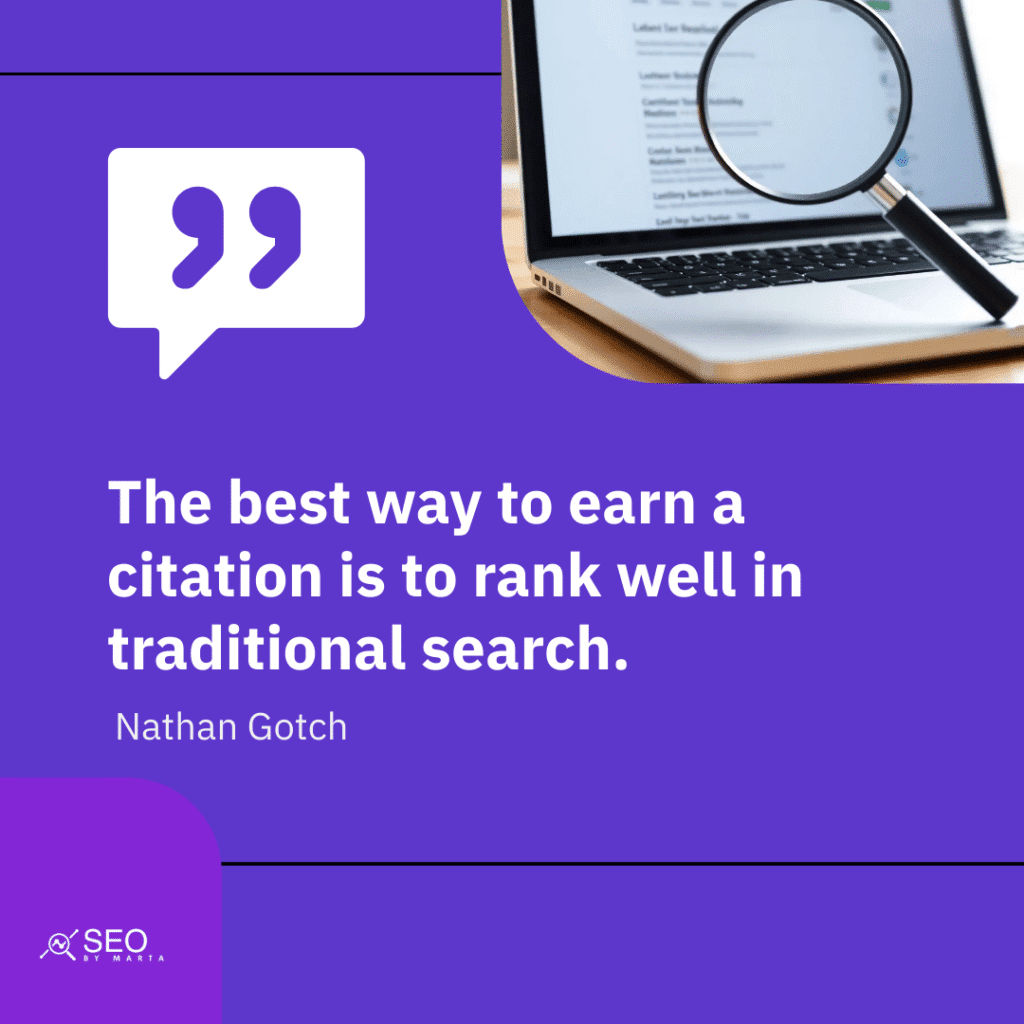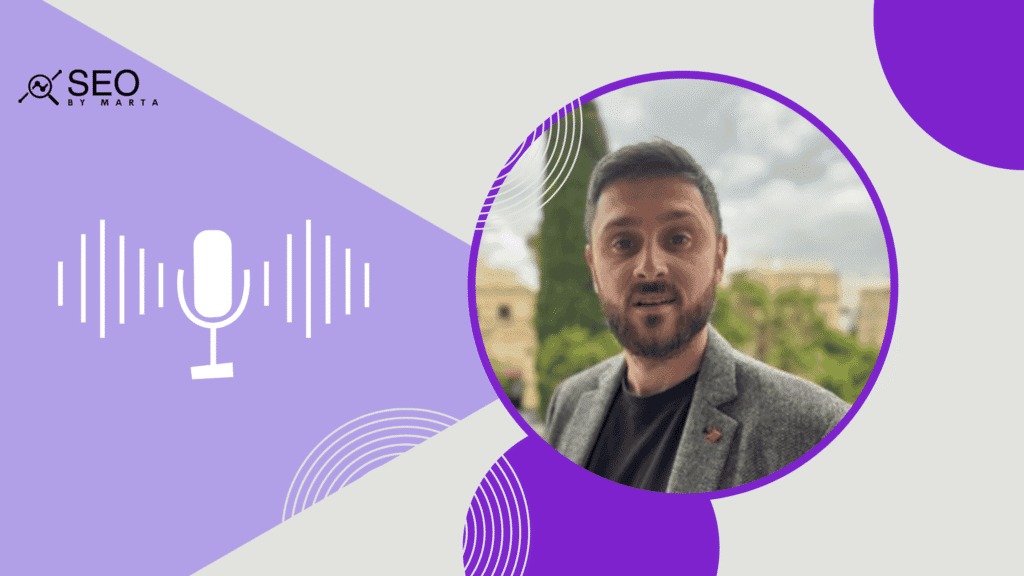About Nathan Gotch
Nathan Gotch is the co-founder and CEO of Rankability, an AI-driven SEO platform built for agencies and in-house teams. His work centres on helping brands win visibility across both traditional Google results and the emerging AI search ecosystem, including assistants like ChatGPT, Gemini, Perplexity, and more.
At Rankability, Nathan leads product strategy for modules such as Content Optimizer (for fast, data-backed on-page optimization) and AI Analyzer (for tracking brand presence and citations across AI engines)—tools designed to turn complex SEO tasks into predictable workflows and outcomes.
Today, Nathan’s focus is clear: build the category-defining platform for AI search visibility so agencies can measure, improve, and report performance everywhere customers search.
Interview – What SEOs Need to Know About Getting Their Content Included in AI Answers from Google, Bing, and Other AI Search Platforms
SEO is being redefined by AI. Ranking now means more than blue links—brands need to be named, cited, and recommended inside AI-generated answers. As co-founder and CEO of Rankability, Nathan Gotch is focused on exactly that problem: giving teams the tools to optimize content for Google and to earn visibility across AI engines through Rankability’s AI Analyzer and content optimization stack. In this conversation, Nathan explains how to engineer content that AI systems trust, what signals matter most, and how to build an AI-aware SEO program that compounds over time.
Q: Nathan, you’ve trained thousands of SEOs on how to win in traditional search. How do you see AI-generated search results changing the rules of the game?
A: I’d argue that SEO best practices cover about 80% of the total equation. The other 20% are new variables we need to think about, such as new third-party signals and attempting to influence the core training data in the models.

Q: What are the key differences between optimizing for Google’s SERPs and optimizing for inclusion in AI answers from LLM tools like Bing Copilot or Perplexity?
A: The first difference is thinking about how to influence the static corpus (training data) that the models use. Ideally, you want your brand to be baked into the models. That means you need to know what LLMs use for raw training materials like Common Crawl. The second difference is that unlinked brand mentions, nofollow links, and even sponsored links still influence the AI-generated responses. In short, focus on seeding your brand on as many pages as possible for your top commercial keywords. Your website is still important, but try to rank as many pages as you can to blanket the SERPs. The reason is because of RAG (retrieval augmented generation), which is what ChatGPt uses to prevent hallucination. The #1 source for retrieval are public search engines. So ranking well, does influence ChatGPT’s responses when retrieval is used.
Q: You often emphasize topical authority. Do you think authority plays an even bigger role when AI systems decide which content to cite?
A: Absolutely. You need to stay hyper focused on your core topic on your website and across all of your owned assets. Staying in your lane (your subject matter expertise) is critical because of entity association. In other words, you want to make it super easy for AI to understand what problems your brand solves.

Q: What signals make content more “AI-citable” in your opinion? Is it about structure, clarity, expertise — or all of the above?
A: The best way to earn a citation is to rank well in traditional search. The best way to rank well in traditional search is to – Make sure your page is easily crawlable, blazing fast, and HTML, place your keyword phrase in URL, title, H1, first sentence, and a variant in the first H2, cover the most relevant entities (topics) using a tool like Rankability, don’t worry about word count and focus on topic coverage, add a TL;DR, use many descriptive headings, add internal and external links.
Q: Generative engines break content into chunks rather than showing full pages. How should SEOs design their content so it’s more likely to be retrieved and reused in AI answers?
A: Every page should have a TL;DR and descriptive headings. Create sections that act as LLM bait.
Q: Traditional KPIs like traffic and rankings still matter. But what new metrics should SEOs track in the AI era to measure real visibility?
A: It’s important to track if your brand is being mentioned in AI-generated responses for commercial queries. If it is mentioned, what position is it in? Then run these same checks across all AI platforms. You’ll need 25+ diverse prompts to get a decent idea of Share of Voice (SoV). I’d also track branded search volume because CTR is very low in AI platforms.
Q: Do you think E-E-A-T is still the most important framework for being trusted by LLM systems — or do you see new trust signals emerging?
A: Authoritativeness, yes because backlinks are a big variable for traditional search engines. I haven’t found any evidence that Experience-driven content performs better than standard SEO content (as of right now).
Q: Some SEOs argue that optimizing for AI search is premature since the tools are still evolving. What’s your response to that skepticism?
A: The best time to plant a tree was yesterday. The second-best time is today.
Q: Looking ahead, do you think AI search will create more opportunity or more risk for independent publishers and smaller websites?
A: More risk because informational content is AI food that gets baked into the static corpus. It’s best to diversify your content efforts.
Q: If you had to give SEOs one practical tip to improve their chances of ranking in AI-generated results today, what would it be?
A: Focus on your website first (homebase) and then try to dominate the first page in traditional search results via YouTube, UGC, LinkedIn, etc.
Q: And finally, what excites you most about the future of SEO in the age of AI?
A: I love it all! AI is groundbreaking technology, but people will continue to search for solutions to their problems. AI might do that searching for them, but there’s always going to be a need to understand how these systems work. If you understand how to get a business more customers, you’ll have financial security (no matter what new technology comes). USE the technology to get ahead.
Conclusion
The future of search isn’t about chasing algorithms; it’s about earning trust in every ecosystem where information lives.
As Nathan Gotch makes clear, AI has not killed SEO; it has evolved it. Visibility now extends beyond blue links into summaries, citations, and AI-generated recommendations where credibility is coded into every query. The brands that win in this new era will be those that think beyond rankings and build signal strength — a blend of authority, entity clarity, and consistency that both humans and machines recognize as trustworthy.
SEO has always been about adaptation. The difference in 2026 and beyond is that the speed of change has accelerated. Those who experiment early, measure intelligently, and build with purpose won’t just survive AI search, they’ll define it.




